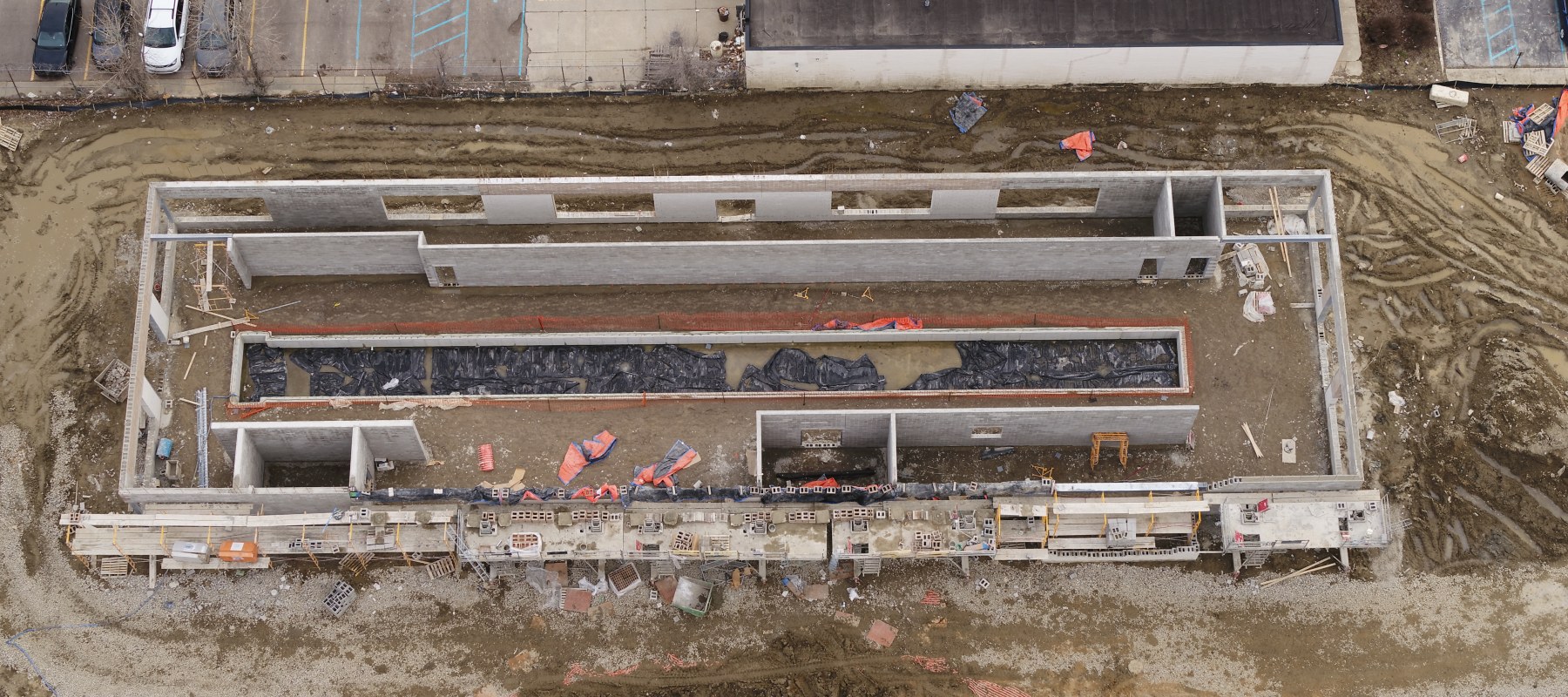The car wash industry continues to see unprecedented investment from both private equity and established operators finding themselves under increased pressure to offer state-of-the-art convenient facilities and services. Of course, for cash washes, the facility itself is only as strong as the pavement on which it is built.
“Cash washes are particularly hard on their pavement,” said Anthony Poisson P.E., project manager at G2 Consulting Group, a nationally recognized geotechnical, environmental and construction services firm. With the increased investment, G2 finds itself working with more car washes around the country. “Water and chemicals are primary drivers of pavement deterioration, especially when the weather gets cold, which, incidentally, is a particularly busy time at car washes.”
A geotechnical inspection or, in layman’s terms, an underground study on the property where the new construction work is being done, can identify problems in the soil and lead to the right pavement strategies before any actual construction begins. It’s especially important for soils which will be exposed to a lot of water.
“As we say, pavement always follows what’s below,” said Poisson. “If you don’t create the right approach from the start, your project will likely suffer from cracking, potholes, inadequate drainage, and other deterioration that may have been avoidable. Conversely, if you have the right study, you may be able to save cost on the actual implementation both immediately and in the long-term.”
Poisson suggests the following best practices before starting your project:
- Phase I ESA: Due Diligence required by local government and/or lending institutions, a Phase I ESA study helps owners understand environmental impacts.
- Geotechnical investigation: Whether concrete or asphalt is used for new or reconstruction projects, repairing is always an expensive endeavor. A geotechnical inspection is a critical first step to make sure it’s done right. Soil borings provide underground conditions to assist in appropriate design.
- Pavement engineering: After reviewing laboratory results, we’ll help owners plan and design the best pavement solution for the specific location. Value engineering methods help find opportunities to meet site needs while keeping costs down.
- RFP preparation: Support car wash owners in preparation of a construction RFP bid package with technical specifications for the pavement contractors. This ensures that all bids are consistent, apples-to-apples, to aid in contractor selection and, ultimately, ensure the job is done right.
- Construction services: Monitor construction activity and accomplish on-site materials testing.
“The cost of a geotechnical study will likely be an incredibly small percentage of the overall project cost but it’s hugely important to ensure the project is done right and to avoid unnecessary problems. It’s amazing how many times car wash owners skip this critical first step and cost themselves tremendous headaches – and dollars – when they have to constantly fill cracks and potholes or even need to deconstruct and rebuild,” Poisson said.
According to industry data, winter is the busiest season for car washes, many of which use in excess of 4,000 gallons a water a day. The constant freeze-thaw cycle can be extraordinarily difficult on the subsoil, which eventually manifests itself as deterioration of the pavement itself.
Specializing in “everything below the ground,” G2 Consulting prides itself in finding practical solutions to complex problems and delivering ‘Smart. Results. Fast.’ The company has completed dozens of car wash projects in the past two years alone working across the Midwest and in select southern states including Florida and Texas.
